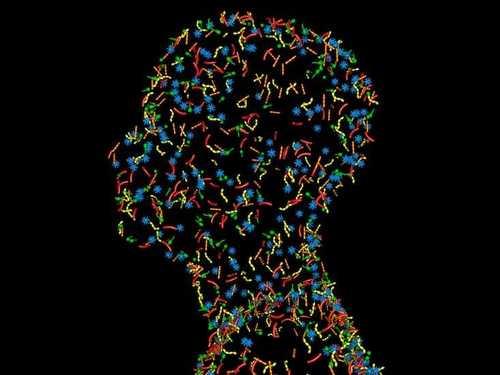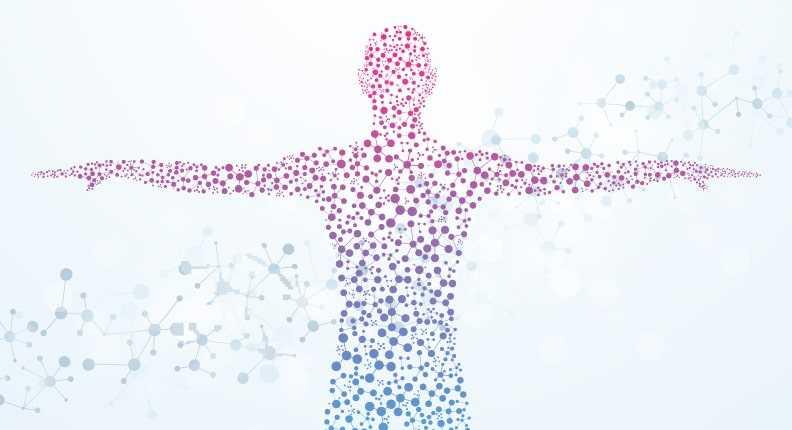What Is the Human Microbiome, Exactly?
Curated from: nautil.us
Ideas, facts & insights covering these topics:
3 ideas
·1.59K reads
5
Explore the World's Best Ideas
Join today and uncover 100+ curated journeys from 50+ topics. Unlock access to our mobile app with extensive features.
The human microbiome
The human body is made up of trillions of human cells. There are possibly three times as many microorganisms (bacteria, fungi, and other microbes) living in and on the human body. The microbial communities in and on the human body are known as the human microbiome.
The microbiome contributes considerably to human growth, development, and function. The most well known is the gut microbiome, which impacts human digestive health.
100
762 reads
Using metaphors to describe microbiomes
Metaphors that scientists use to talk about the microbiome influence scientific understanding and can shape medical treatment. For example, viewing the microbiome as an "organ" or a "part of the immune system."
Some physicians support fecal microbiota transplantation (FMT) - treating the malfunction of the gut microbiome by swallowing a pill full of someone else's poo. It follows the same basic principles as an organ transplant, and the treatment is probably a consequence of understanding the microbiome as an organ.
77
422 reads
A limited perspective on the human microbiome
To think of a microbiome as an organ creates a limited perspective because organs are relatively set. Generally, a heart will develop and remain the same in each person. But a microbiome is not one thing. It's trillions of things and responds to small changes in our diet, environment, and behavior. It works together with the human body in a symbiotic relationship.
Each metaphor can only capture a part of what the microbiome is. We need all the metaphors to understand the complexity of the microbiome and its role in our bodies.
78
411 reads
IDEAS CURATED BY
Noelle H.'s ideas are part of this journey:
Learn more about health with this collection
How to establish a positive team culture
How to collaborate effectively
How to build trust with a new team
Related collections
Similar ideas
5 ideas
10 ideas
Why the Gut Microbiome Is Crucial for Your Health
healthline.com
5 ideas
Small & Large Intestines: Intestinal Structure, Function, Diseases
probioticsline.com
Read & Learn
20x Faster
without
deepstash
with
deepstash
with
deepstash
Personalized microlearning
—
100+ Learning Journeys
—
Access to 200,000+ ideas
—
Access to the mobile app
—
Unlimited idea saving
—
—
Unlimited history
—
—
Unlimited listening to ideas
—
—
Downloading & offline access
—
—
Supercharge your mind with one idea per day
Enter your email and spend 1 minute every day to learn something new.
I agree to receive email updates

